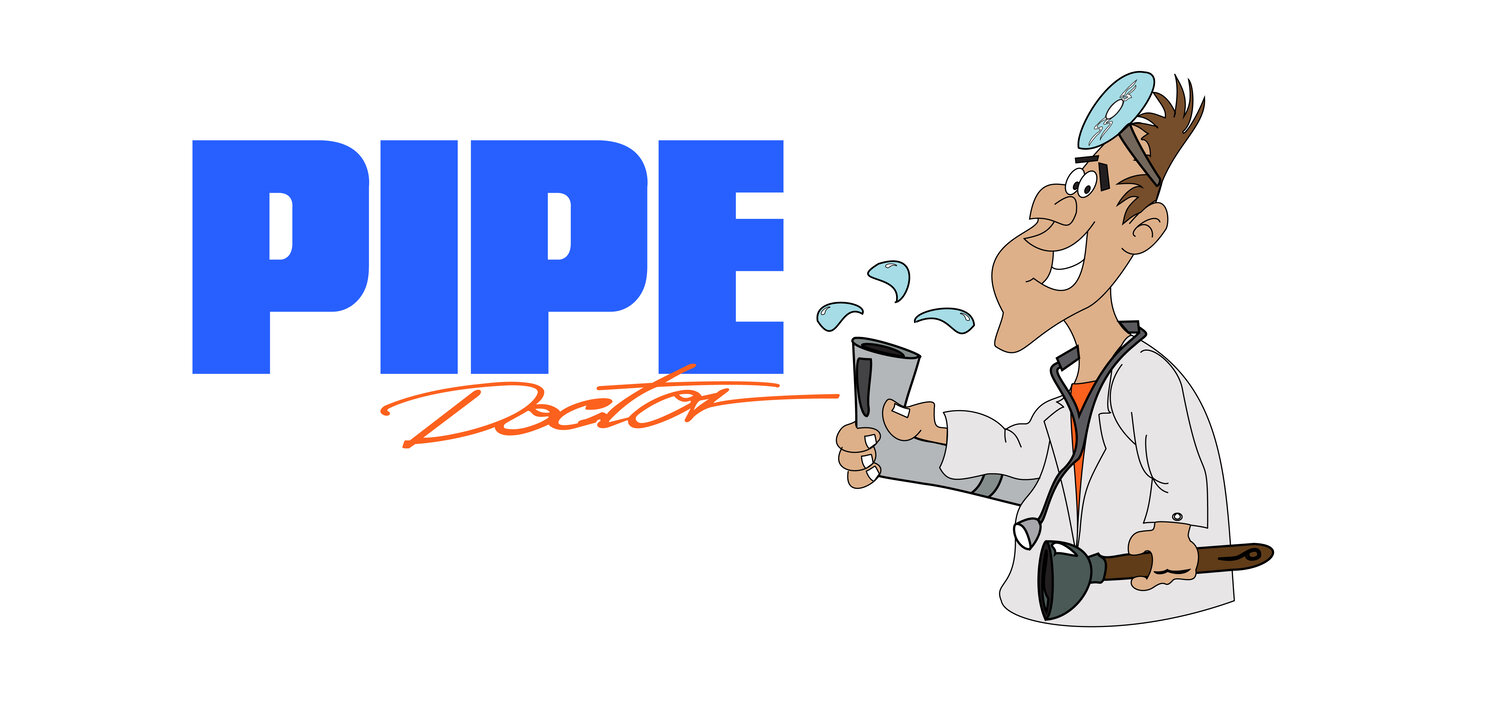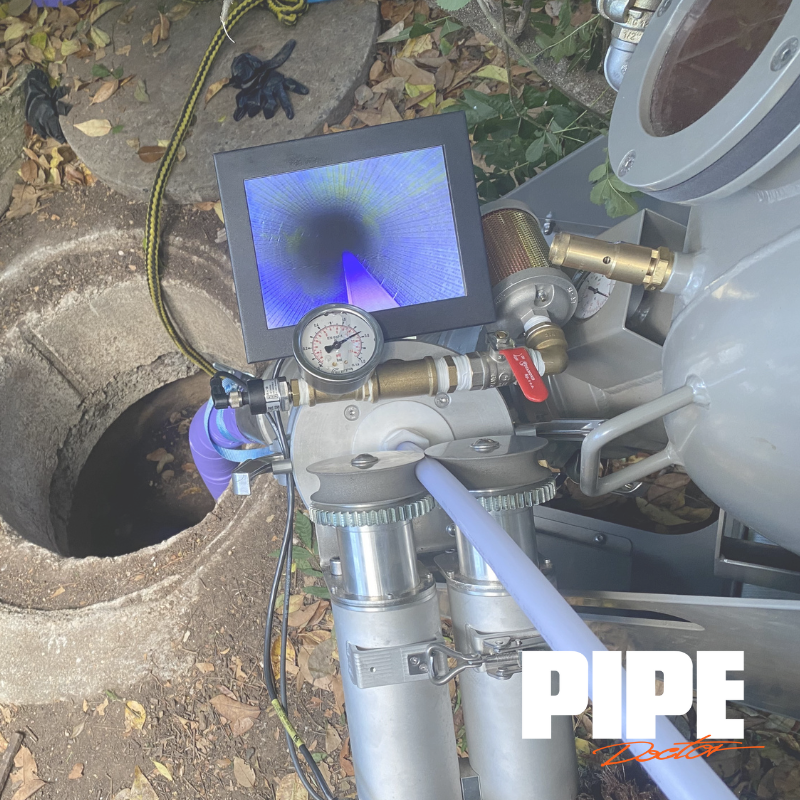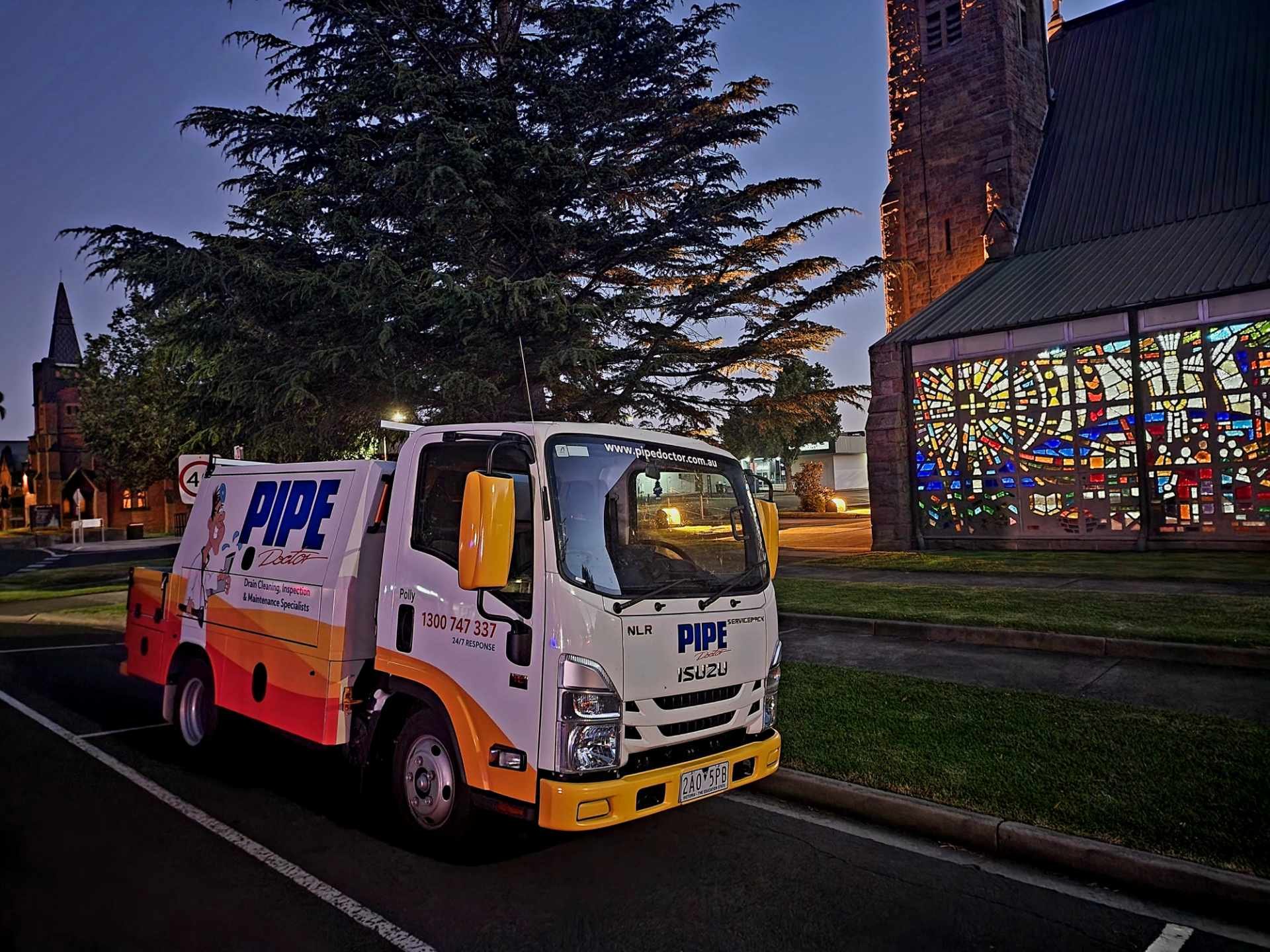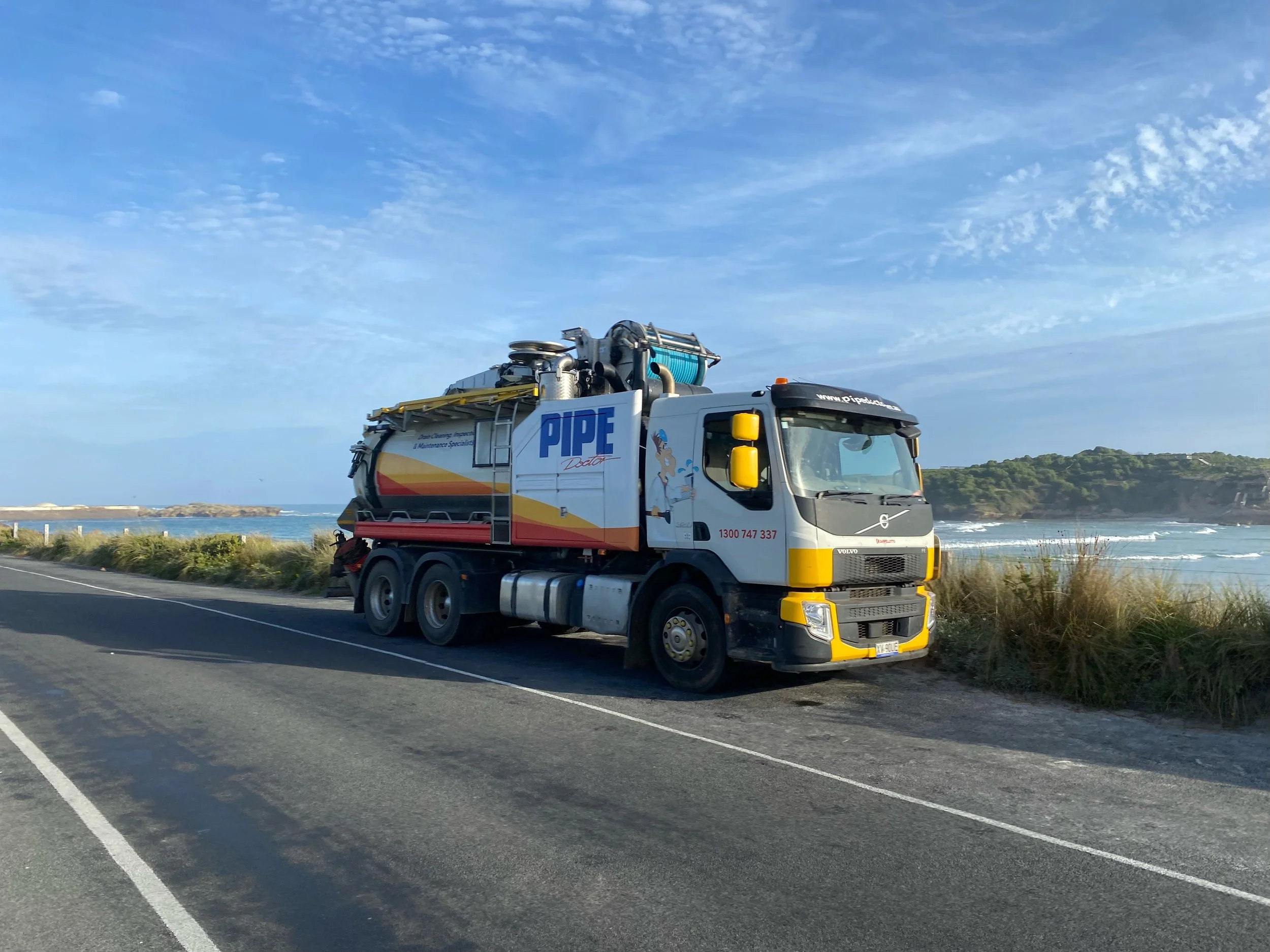The Most Common Drainage Myths—Busted!
When it comes to drains, there’s no shortage of bad advice and old wives’ tales about how to keep them clean and flowing. From using store-bought chemical cleaners to believing that ‘flushable’ wipes are safe, many drainage myths cause more harm than good. It’s time to separate fact from fiction and bust some of the most common drainage myths!
1. Myth: “Flushable Wipes Are Safe for Your Drains” 🚽❌
Many products claim to be “flushable,” but the reality is that most wipes do not break down like toilet paper. Instead, they clump together, causing serious blockages in household plumbing and sewer systems.
✅ The Truth: Wipes, even the ones labelled “flushable,” can get stuck in pipes and contribute to fatbergs—large masses of grease and non-biodegradable materials that cause costly sewer blockages. The safest rule? Only flush toilet paper and human waste!
🚨 What Can Happen? Ignoring this myth can lead to sewer backups, expensive plumbing bills, and even damage to local wastewater treatment facilities.
2. Myth: “Hot Water and Soap Can Prevent Grease Clogs” 🧼🔥
Many people think pouring hot water and dish soap down the sink will keep grease from solidifying in their pipes. While this might seem logical, it only delays the problem—the grease eventually cools and hardens further down the line, leading to blockages.
✅ The Truth: The best way to prevent grease clogs is to avoid pouring fats, oils, and grease (FOG) down the drain altogether. Instead, collect grease in a container and dispose of it in the bin.
🚨 What Can Happen? Over time, grease builds up, restricting water flow and increasing the risk of major blockages and costly emergency callouts.
3. Myth: “Chemical Drain Cleaners Are the Best Way to Clear Blockages” 🧪⚠️
It’s tempting to reach for a bottle of chemical drain cleaner when a sink slows down, but these harsh chemicals can do more harm than good. They can corrode pipes, damage plumbing fixtures, and harm the environment.
✅ The Truth: While chemical cleaners may provide a temporary fix, they don’t always remove the full blockage—and over time, they can weaken pipes. A safer and more effective alternative is high-pressure drain cleaning or CCTV drain inspections to identify the real cause of the issue.
🚨 What Can Happen? Repeated use of chemical drain cleaners can erode pipes, leading to leaks, burst pipes, and expensive repairs.
4. Myth: “If Water is Draining, There’s No Blockage” 💧🚰
Just because water is still draining doesn’t mean your pipes are clear. Many blockages build up gradually, reducing water flow over time before leading to a full blockage.
✅ The Truth: Warning signs of a developing blockage include gurgling sounds, slow drainage, or bad smells. Catching these early can prevent costly repairs down the track.
🚨What Can Happen? Waiting too long can lead to complete blockages that require extensive repairs or even pipe replacements.
5. Myth: “DIY Drain Snakes Work Just as Well as Professional Cleaning” 🛠️🔄
Store-bought drain snakes can help with minor clogs, but they’re not always effective for deeper or more stubborn blockages. They can also push debris further down the pipe instead of fully removing it.
✅ The Truth: Professional high-pressure water jetting removes blockages completely, while CCTV inspections can pinpoint issues before they cause serious damage.
🚨 What Can Happen? Relying solely on DIY tools can lead to incomplete blockage removal, causing moree frequent and severe drainage issues over time.
6. Myth: “A Slow Drain Will Fix Itself Over Time” ⏳❌
Some people assume that if they wait long enough, a slow drain will clear on its own. In reality, slow drainage is a sign of an underlying issue that’s likely to get worse.
✅ The Truth: Slow drains are often caused by grease, hair, soap scum, or even tree roots infiltrating pipes. Ignoring them can lead to complete blockages and costly repairs.
🚨 What Can Happen? A slow drain can quickly escalate into an emergency plumbing situation, requiring costly fixes.
7. Myth: “All Plumbers Handle Drainage Issues” 🔧🏡
While all plumbers understand pipes, not all of them specialise in drainage maintenance. Drain specialists use advanced tools like CCTV inspections, high-pressure jetting, and pipe relining—services that not all general plumbers offer.
✅ The Truth: If you have a recurring drainage issue, it’s best to call a specialist who can diagnose and fix the problem properly without unnecessary digging or pipe replacement.
🚨 What Can Happen? Hiring a plumber without drainage expertise can result in misdiagnosed issues and ineffective solutions, leading to ongoing problems.
Final Thoughts: Know the Facts & Protect Your Drains
Believing drainage myths can lead to costly mistakes and unnecessary repairs. Understanding the facts can help you keep your plumbing in top shape and avoid drainage disasters.
💡 How to Avoid These Issues:
Be mindful of what goes down your drains.
Book regular CCTV drain inspections to catch problems early.
Avoid using chemical drain cleaners—opt for professional high-pressure jetting instead.
If you notice slow drainage, gurgling sounds, or bad smells, don’t ignore them!
🚿 Have a blocked drain? Suspect a hidden issue? Contact Pipe Doctor today for expert advice, CCTV drain inspections, and professional drain cleaning services!
📅 Book an inspection today and bust those drainage myths for good!
When you have a drainage disaster, you can count on us to get you back up and running.
“Knock, Knock, Pipe Doctor” 1300 747 337












